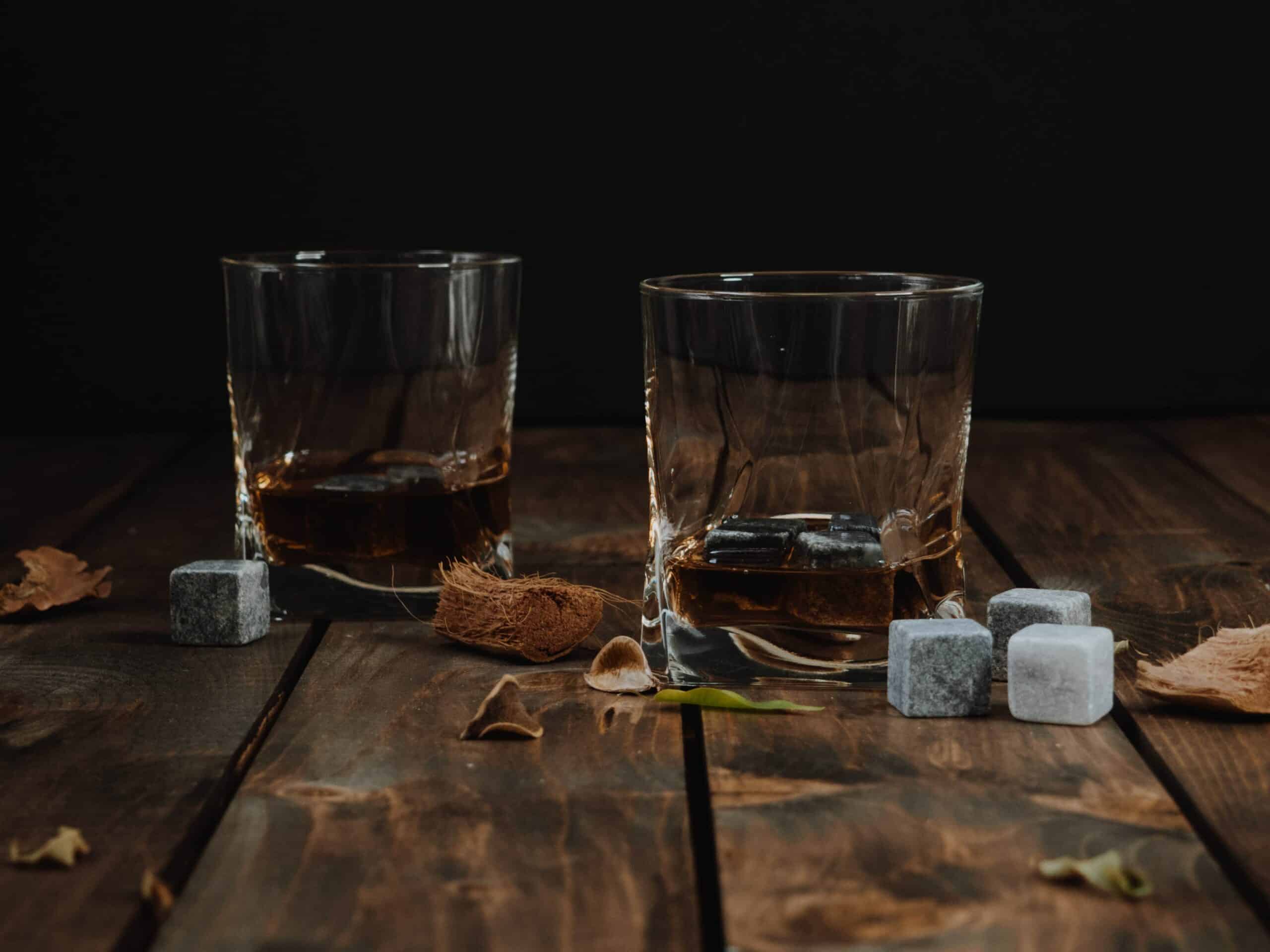
Why are Alcoholic Spirits More Valuable When Aged?
Earlier this year, a historic whiskey aged for over 250 years sold for $110,000, smashing all auction estimates. The Old Ingledew Whiskey was bottled in LaGrange, Georgia, and according to the Skinner auction house, which facilitated the online sale, it is the oldest whiskey in existence. The auctioneers expected bids would range between $20,000 and $40,000.
Officials who dated the Bourbon say it was crafted between 1762 and 1802, during the Whiskey Rebellion and Revolutionary War. Its origin is unclear. Despite its age, this bottle of whiskey is far from being the most expensive on the market. With a price of $1.9 million, the Macallan Fine and Rare 60-Year-Old 1926 was the most expensive bottle of spirit or wine ever sold at an auction lot.
So do spirits become more desirable as they age instead of old and outdated? Let’s find out below.
Can Any Spirit Be Aged?
It depends on the distillation method—column or in a pot. Like Vodka and London dry gin, column distilled spirits don’t age well because of their higher alcohol content and fewer congeners. The exceptions to the rule are Bourbon and Rye—both column-distilled spirits that are aged very well. But pot-distilled spirits keep more original character and funk after the distillation process and benefit from alcohol aging, like scotch, mezcal, and brandy.
There are several factors involved in the alcohol aging process to improve the flavor of an alcoholic product:
- Time
- Aging container
- An essential chemical reaction between liquid, air, and container
- Climate
How Long Can A Spirit Age For?
The location of your distillery and the container of your spirits directly impact how long they have to age. For example, Bourbon is aged in new barrels, while scotch can age in barrels previously used for Bourbon. Despite having to wait longer, Scotch producers also get the benefit of the older flavors. A lot depends on the desired results.
- Oak barrels, which impart tannins and vanillin, among other characteristics, to the spirits, are readily accessible and helpful because they promote the maturation of spirits.
- Bourbon uses charred oak, which changes what happens when the two combine.
- Many distillers age their spirits in barrels or casks that previously aged other spirit varieties, including wine. For example, scotch can first age in a bourbon barrel and then “finish” briefly in a Sherry barrel.
In the alcohol aging process and finishing, it is all about finding out what the spirit should taste like and doing whatever it takes to reach that goal. One type of glass bottle-aged mezcal doesn’t even need to stay in the barrels for over 43 days.
Aging also depends on:
- The moisture evaporated—Angels’ Share.
- How the whiskey is stored
- how it reacts to the barrel wood
When it is hotter, more alcohol penetrates the wood, and the angel’s share becomes thirstier. Combine heat with humidity, and evaporation speeds up.
Kentucky’s seasonal temperature fluctuations allow barrels to “breathe”–cooling during the winter and warming during summer. In contrast, Scotland’s constant climate offers a consistent climate year-round. Craig Bridger, ambassador for The Macallan, says Speyside has a mild climate, unlike the extreme swings of temperature you get in Kentucky.
What Makes Aged Spirits More Valuable Than Non-Aged Spirits?
Asked whether a spirit could be too old, Dave Pickerell, former Maker’s master distiller, replied, “Sometimes older is better, but sometimes it’s just older.” Choosing an old whiskey might be expensive, but for the best flavor, choose a whiskey aged between six to ten years for Bourbons and twenty years for scotches. More aged Scotches might not be as flavourful as younger ones, but they are more expensive because of their age.
The reason old whisky is expensive is not that it is old, but because it is rare. Distilleries begin with most of what doesn’t end up in a bottle.
Join us for a spirits class to learn more about this fascinating, yet underreported background first-hand.